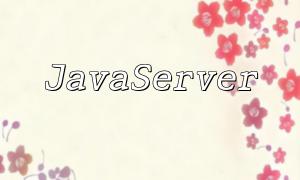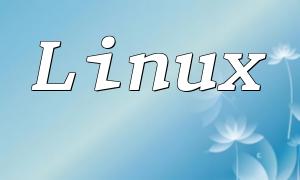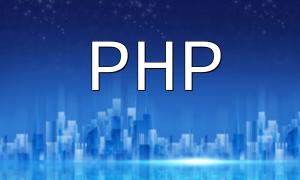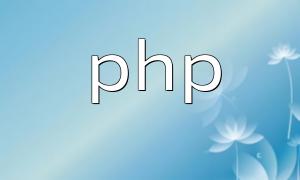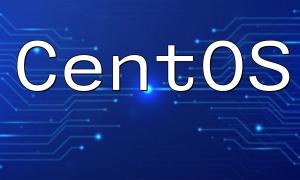In today's web development environment, JavaServer Pages (JSP) and PHP are two widely used server-side programming technologies. Although both have their unique characteristics, they are suitable for different development scenarios. This article delves into their pros and cons to help developers make the right choice based on project needs.
JavaServer Pages (JSP) is a server-side web development technology based on Java, allowing developers to create dynamic web pages using HTML, XML, and other document types. JSP runs on the Java Virtual Machine (JVM), which provides higher execution efficiency and better resource management. On the other hand, PHP is an open-source scripting language specifically designed for web development, known for its ability to rapidly generate dynamic content, making it especially suitable for small projects.
In terms of performance, JSP typically performs better in large-scale applications due to its operation on the JVM, which can leverage JVM optimizations and resource management. PHP, while fast in smaller applications, may face performance bottlenecks under high concurrency environments.
Although PHP has an advantage in execution speed, its performance is influenced by web server configuration and code structure. With proper optimization, JSP can also achieve fast execution and is well-suited for more complex applications.
For beginners, PHP has a relatively gentle learning curve due to its simple syntax and the abundance of tutorials and community resources available. JSP, on the other hand, has a steeper learning curve as it requires a good understanding of Java programming, which can be challenging for newcomers.
PHP is generally more efficient in terms of development speed, especially for small projects where quick development and deployment are needed. In contrast, JSP is better suited for large-scale enterprise applications. Although JSP may have a longer development cycle, its maintainability and scalability make it more suitable for long-term projects.
PHP has numerous popular frameworks, such as Laravel and Symfony, which significantly improve development efficiency. While JSP also has some mature frameworks, like Spring MVC, the overall selection of JSP frameworks is more limited, and they are not as widely adopted as PHP frameworks.
PHP has a large developer community and abundant documentation, making it easy to find help and resources. While JSP also has strong support, its community is smaller, and the speed at which issues are resolved may be slower compared to PHP.
In conclusion, both JavaServer Pages and PHP have their own advantages and are suitable for different use cases. If the project is large and complex, JSP may be the better choice. However, for quick development of small websites or applications, PHP is more efficient and flexible. Developers should consider factors like performance, learning curve, development efficiency, and community support when choosing a technology stack to ensure the success of their projects.
